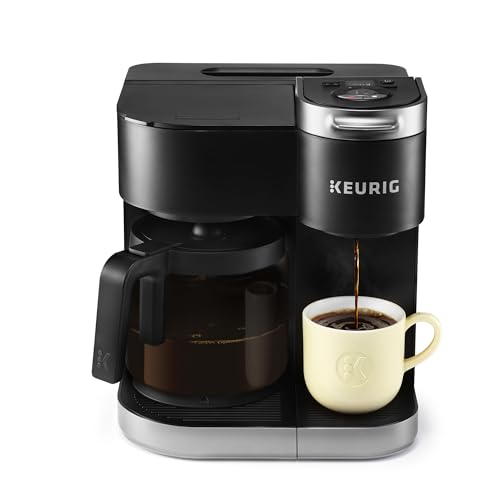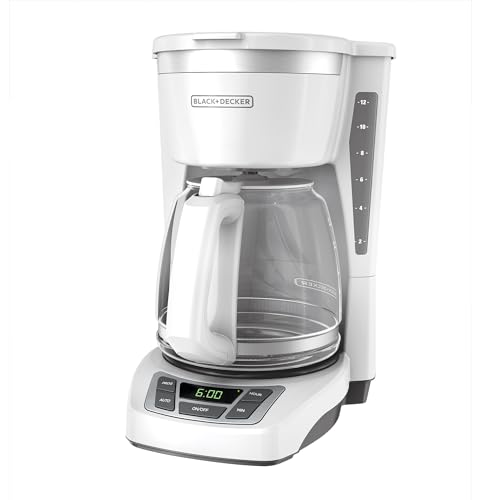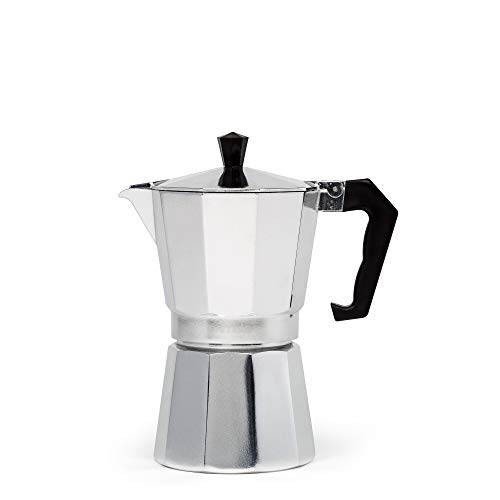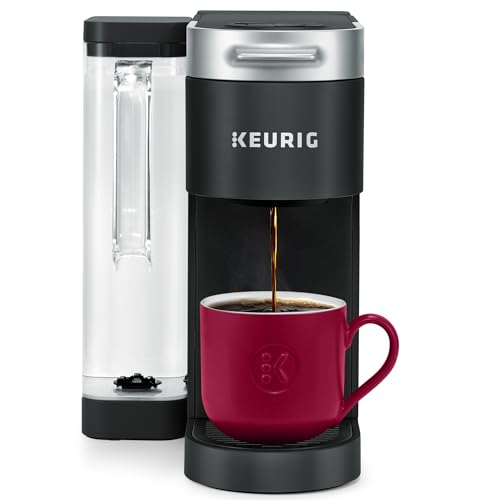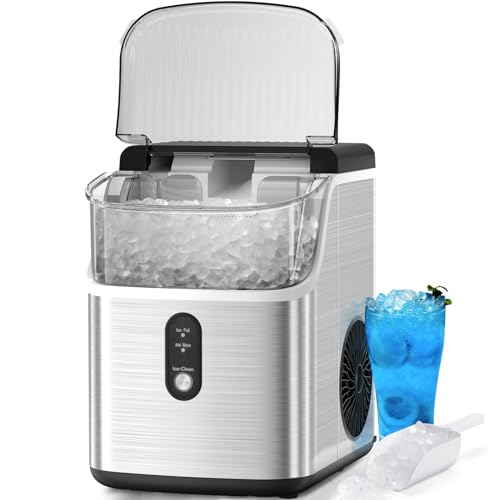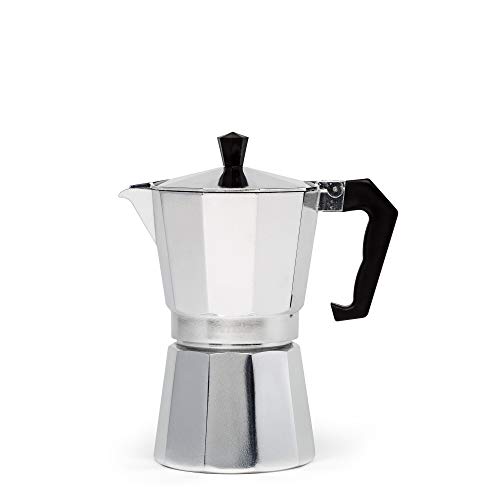Are juicers worth it? This question often arises among health-conscious individuals seeking to boost their nutrient intake through fresh homemade juice. Juicing has gained popularity as a convenient method to consume nutrient-rich fruits and vegetables without having to eat them whole.
Yet, the value of investing in a juicer often lies in the balance between cost, convenience, and nutritional benefit. It’s essential to consider factors such as the initial investment, ongoing produce costs, cleaning effort, and how regularly you’ll use the machine before deciding.
Moreover, the nutritional profile of fresh juice versus whole fruits and vegetables plays a critical role in determining if a juicer is a worthy investment. In the upcoming sections, we’ll dive deeper into these aspects to help you make an informed decision.
Are Juicers Worth It?
When considering the worthiness of juicers, the financial expenditure is a key aspect. High-quality juicers can range from a hundred dollars to upwards of several hundred. This initial investment is significant, and its justification relies heavily on how often the juicer will be used.
Besides the initial cost, the ongoing expense of purchasing fresh produce to juice should also be taken into account. Juicing requires a substantial amount of fruits and vegetables, which can add considerably to your grocery bill.
Let’s now turn to the matter of convenience. While the idea of having fresh juice at your fingertips is appealing, the process can be time-consuming.
Preparation involves washing and cutting the produce, and though the juicing process itself can be quick, cleanup can be a hassle. Some juicers have numerous components that require thorough washing, which could deter daily use.
A crucial consideration is the nutritional value of juiced fruits and vegetables. Juicing can allow for a higher intake of vitamins and minerals since one can consume the nutrients of more produce than they could eat.
However, the process of juicing often removes fiber from the fruits and vegetables. This fiber has many health benefits, including aiding digestion and helping to control blood sugar levels.
Finally, taste and variety should not be underestimated. Juicing can introduce an array of different fruits and vegetables into your diet, many of which you might not usually consume. The ability to experiment with different combinations and flavors can make for a more enjoyable and diverse diet.
In conclusion, when asking, “Are juicers worth it?”, several factors come into play. The decision ultimately depends on individual priorities regarding cost, convenience, nutritional intake, and dietary variety.
Is Using a Juicer Actually Healthy?

Juicing can indeed be a healthy addition to your diet, particularly when it’s used to supplement a diet rich in whole fruits and vegetables. Its main advantage is the ability to consume a larger volume of fruits and vegetables than one might usually eat.
This leads to a higher intake of vitamins, minerals, and antioxidants that these foods provide, which are essential for overall health and disease prevention.
However, the healthiness of juicing also depends on what you’re actually juicing. Opting for a range of colorful fruits and vegetables can ensure you’re getting a broad spectrum of nutrients. Some people even juice leafy greens or cruciferous vegetables, which are packed with nutrients but can be challenging to consume in large quantities.
On the flip side, the juicing process does remove the fiber from the fruits and vegetables. Dietary fiber contributes to a feeling of fullness, aids digestion, and can help control blood sugar levels by slowing the absorption of sugar into the bloodstream.
Therefore, relying solely on juice for your fruit and vegetable intake may not be as beneficial as consuming these foods in their whole form.
It’s also worth noting that fruit juices can be high in natural sugars. While these sugars are not the same as refined sugar found in sweetened drinks, they can still contribute to a high calorie intake if consumed in large quantities.
Therefore, it’s recommended to use more vegetables than fruits in your juice and to consider juicing as a complement to a balanced diet, not a replacement for whole foods.
In conclusion, using a juicer can be a healthy practice if used wisely. It can enable a higher intake of essential nutrients but should not replace the consumption of whole fruits and vegetables. As with many things in nutrition, balance and variety are key.
Frequently Asked Questions about Juicing
There are various questions that often arise when one considers the benefits and drawbacks of investing in a juicer and adopting juicing as a regular dietary habit.
Here, we address some of the most frequently asked questions about juicing, aiming to provide a balanced perspective grounded in nutritional science.
Is homemade juice healthier than store-bought juice?
Yes, homemade juice is generally healthier than store-bought juice. The latter often contains added sugars and preservatives to extend its shelf life, which are not present in freshly juiced fruits and vegetables.
Moreover, the process of pasteurization that store-bought juice undergoes can degrade some of the beneficial nutrients. In contrast, homemade juice contains the full nutritional value of the fruits and vegetables used, provided it is consumed shortly after being made.
Can I use a blender instead of a juicer?
Yes, you can use a blender instead of a juicer. However, the result will be different. A blender will puree the whole fruit or vegetable, including the fiber, resulting in a thicker drink commonly referred to as a smoothie.
This can be beneficial for those who want to retain the fiber that is often lost during the juicing process. However, a blender might not handle harder produce or leafy greens as effectively as a juicer.
Does juicing help with weight loss?
Juicing can aid weight loss as part of a balanced diet, but it should not be relied upon as the sole method of weight loss. Juice is often low in calories but may also be high in natural sugars, so it’s important to be mindful of portion sizes.
Moreover, some dietary fiber is lost during the juicing process, which can affect appetite control and digestion. Ultimately, an energy-restricted diet that includes a diversity of whole foods and adequate amounts of physical activity will be the most effective for weight loss.
Final Thought
Juicers come with a range of advantages and disadvantages, so it’s important to consider all the factors before investing in one. Ultimately, it should be based on individual priorities regarding cost, convenience, nutritional intake, and dietary variety.
If juicing appeals to you as part of an overall healthy lifestyle approach, then you may find that the benefits outweigh the drawbacks. Just make sure to opt for colorful, nutrient-dense fruits and vegetables as your base ingredients!
